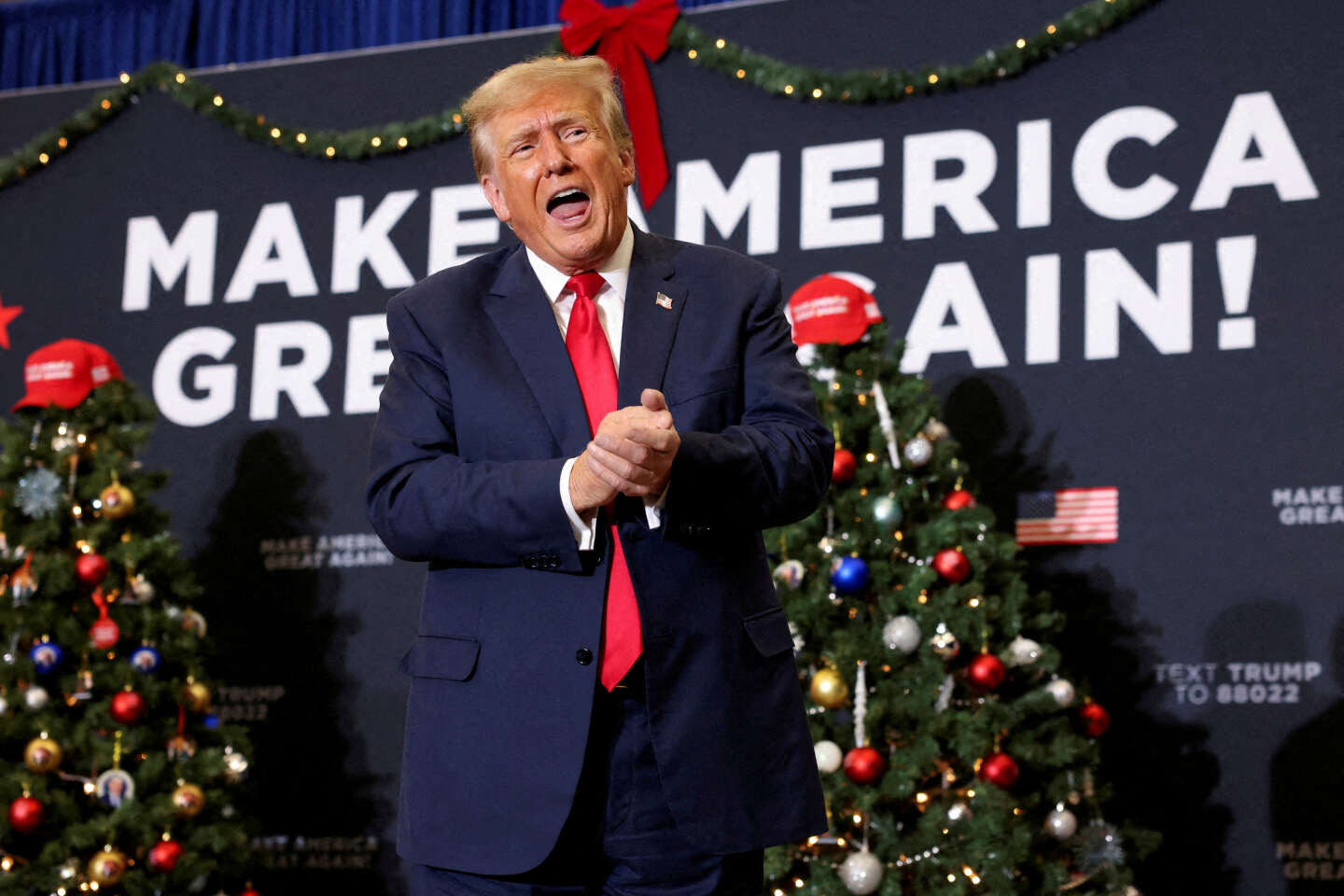


Is Colorado where the next US presidential campaign kicked off? On December 19, the state's Supreme Court ruled that Donald Trump was ineligible to appear on the primary ballot because of his role in his supporters' attack on the US Capitol on January 6, 2021. With this decision, the court underscored the perils facing democracy in the United States.
The ruling is based on the third section of the Fourteenth Amendment to the Constitution, the so-called insurrection clause, which states that elected officials or officers who take part in insurrection after having sworn an oath to defend the Constitution are disqualified from holding office. This paragraph, which was written to keep Southern secessionists out of office after the Civil War (1861-1865), has been at the heart of intense legal debates for months. While Donald Trump's trial for his role in the insurrection is due to take place in 2024, other states have ruled the Fourteenth Amendment cannot be applied to him.
Everything about Trump's behavior should bar him from holding any public responsibility. Yet his determination to return to power to settle scores, as he openly brags, presents the US with a Cornelian dilemma.
The law should apply to him as it would to any citizen of his country. But by keeping him out of the presidential race, can the judges risk appearing to substitute themselves for the electorate, fueling mistrust of institutions and accusations of protecting a "system" that is nothing more than the rule of law? And what of the final word that Trump intends to give to the nine justices of the US Supreme Court, the highest court in the country, shaped by the three partisan appointments he made during his presidency? The former president is counting on them to overturn the Colorado decision and put an end to this judicial offensive and others.
Throughout his four years in the White House, Trump displayed his utmost contempt for the norms that have governed American democracy for over two centuries. This contempt culminated in his attempt to obstruct one of its pillars, the peaceful transfer of power. Not only has Trump never expressed the slightest remorse, but he continued to break rules, as with the confidential documents improperly transferred to his private residence after he left office, earning him yet another court case.
While his rhetoric grows more threatening by the day, Trump has so far taken advantage of all attempts to hold him to account, to the point of appearing to be the undisputed champion of a drifting conservative camp. Instead of disqualifying him, the trials he has faced have reinforced his stature among a radicalized base quick to rename political adversaries as enemies – just as Trump has described Democrats as "vermin."
Expect nothing from this misguided base. However, we must hope that the implausible sum of these legal proceedings and what they reveal will eventually convince the independent voters who ordinarily make presidents that Trump is leading the US toward the loss of its values.
